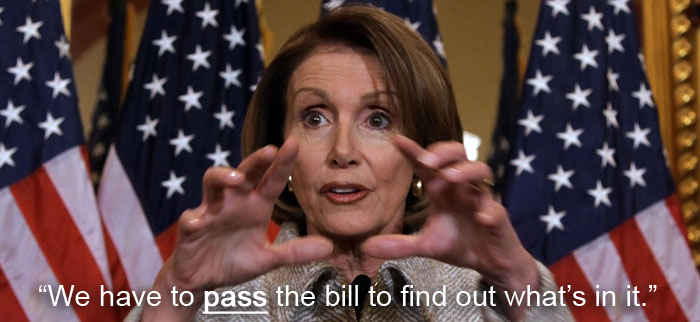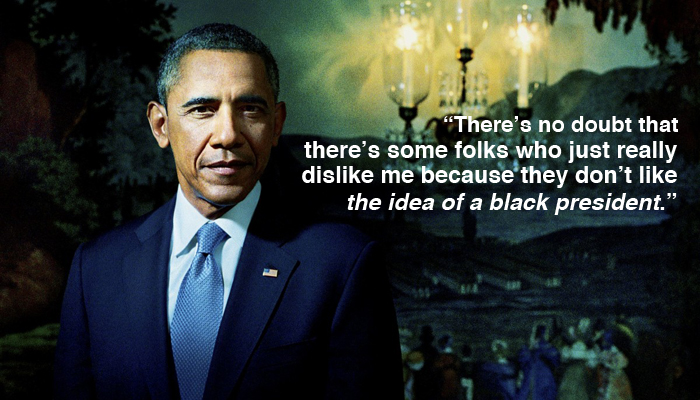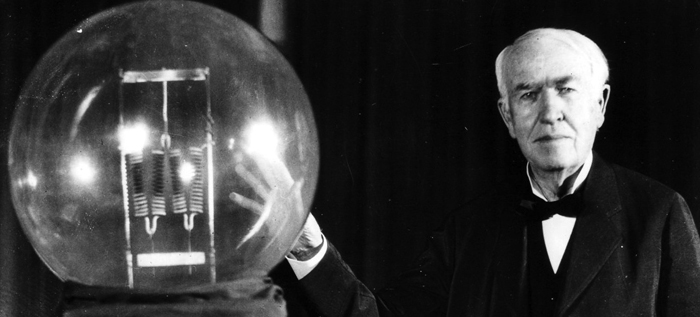Pope Francis is only the fourth Pope to visit the United States. As he visits Washington, D.C., New York City, and Philadelphia, the crowds who come to see him stretch for as long as the eye can see. Many say that millions will crowd out one another to merely catch a glimpse of the Pope because our country, as well as across the world, are starving for spirituality. In fact, Mother Theresa once said that the poverty in the West is a different kind of poverty – one of spirituality, adding that “there’s a hunger for love, as there is a hunger for God.”[br]
After all, Jesus had said the same, saying, “I am the bread of life. He who comes to me will never go hungry, and he who believes in me will never be thirsty….” And it is perhaps this point that explains why so many millions, even those who are not of the Catholic faith, will get up at 4:00 a.m. in the morning, or travel thousands of miles, if only to be in the presence of the Pope.[br]
And as Catholics, we believe that whenever the Pope teaches a doctrine on faith or morals, and asserts his official authority as leader of the Church, he is to be held infallible, or otherwise incapable of error. But when the Pope makes statements about what many feel are political matters, and not of faith or morality, many say that the Pope is still infallible, and should not be questioned, especially by Catholics.[br]
Recently, the Pope advocated for the U.S. to open its borders to refugees from around the world, saying, “When the stranger in our midst appeals to us, we must not repeat the sins and the errors of the past.” Is this a truth? Or is that his opinion?[br]
Surely he knows that 80% of our population growth is already from immigrants that are in our country, and we spend $113 billion on the effects from illegal immigration, and that we’ve even set-up sanctuary cities for illegal immigrants by immunizing them from the laws of our very own country.[br]
And surely he knows that our country is nearly $20 trillion in debt, and that unchecked illegal immigration has continued to overcrowd our schools and made learning more difficult for our children, since we know that smaller schools tend to have higher attendance and graduation rates, less violence, higher grades, and test scores.[br]
I’m sure he knows that continuing to allow illegal immigration to grow chaotically, without a plan, means that our nation’s ability to care for the sick, regardless of their citizenship, will continue to decline, as hundreds of hospitals are now closing or reducing treatment services because the uninsured number of illegal immigrants continues to grow. The average wait time in a California emergency room, for example, is now 4 hours (and growing).[br]
When he blames the Syrian refugee crisis on the “the god of money” or on a “bad, unjust” socio-economic system, but doesn’t comment on the Islamic State that has now taken over half of Syria, a third of Iraq and is expanding out into Gaza, Libya and Afghanistan – is this a truth, or is that his opinion?[br]
He has criticized global leaders for their failure to combat climate change. But is it his opinion that the earth is warming, or it is a truth? Surely he knows that in 2014 there was record ice in Antarctica, record snowfall, record cold, and that the oceans are rising much less than predicted (95% less). Surely he know that nature produces much more CO2 than man, and that 99% of scientists don’t believe in man-made global warming.[br]
Despite this all, how can we question the Pope if he is infallible? This illustrates the common confusion between infallibility and imperfection. After all, there are many Popes that even disagree with one another. Infallibility does not make a Pope’s private, theological opinions become “truth”. He learns the “truth” as we all do – through careful study. His infallibility, according to the Catholic Church, applies to “solemn, official teachings on faith and morals.”[br]
Whether you believe or not that the Pope is infallible on matters such as immigration or global warming, we simply cannot have it all. Life is a series of trade-offs. You can’t have all of the joys of having children, and then have lots of time for yourself, or your career. You can’t eat poorly, and then have good health. You can’t speak up and remain silent.[br]
So when the Pope offers his comments, surely he also expects us to consider there are trade-offs to achieve the great works we are called by God to accomplish, such as extending mercy to those who are suffering and coming to our country, while making sure we have a sustainable system in place to transition them from pain to prosperity.[br]
After all, we are not called to merely accept our circumstances, but to change the things we can change. As Pastor Joel Osteen wrote, “You were not created to just get by with an average, unrewarding, or unfulfilling life. God created you to leave your mark on this generation.”[br]
And we can do that. The path we take to do so may be different than Pope Francis imagines today in his speeches, but I’m sure he won’t mind how we do it – not because it may reveal his infallibility – but because it reveals the teachings of Christ truly are.









